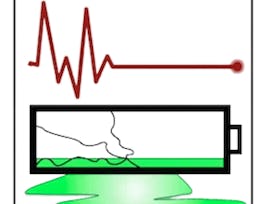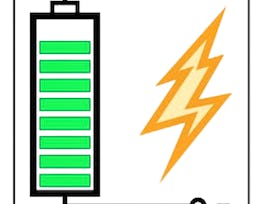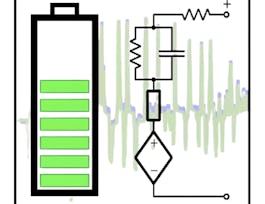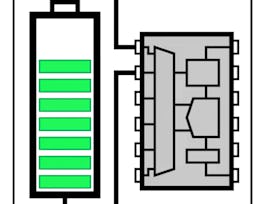This course can also be taken for academic credit as ECEA 5732, part of CU Boulder’s Master of Science in Electrical Engineering degree.
In this course, you will learn how to implement different state-of-charge estimation methods and to evaluate their relative merits. By the end of the course, you will be able to: - Implement simple voltage-based and current-based state-of-charge estimators and understand their limitations - Explain the purpose of each step in the sequential-probabilistic-inference solution - Execute provided Octave/MATLAB script for a linear Kalman filter and evaluate results - Execute provided Octave/MATLAB script for state-of-charge estimation using an extended Kalman filter on lab-test data and evaluate results - Execute provided Octave/MATLAB script for state-of-charge estimation using a sigma-point Kalman filter on lab-test data and evaluate results - Implement method to detect and discard faulty voltage-sensor measurements





















